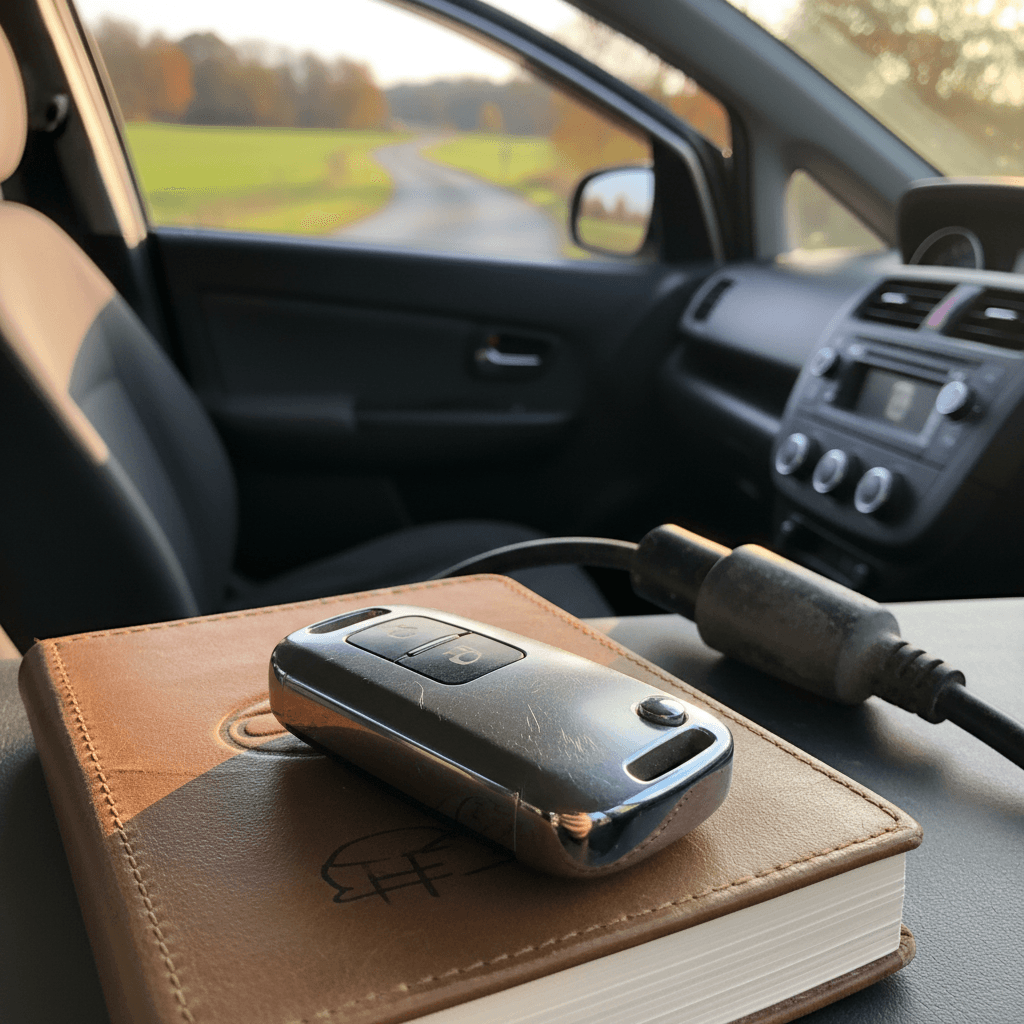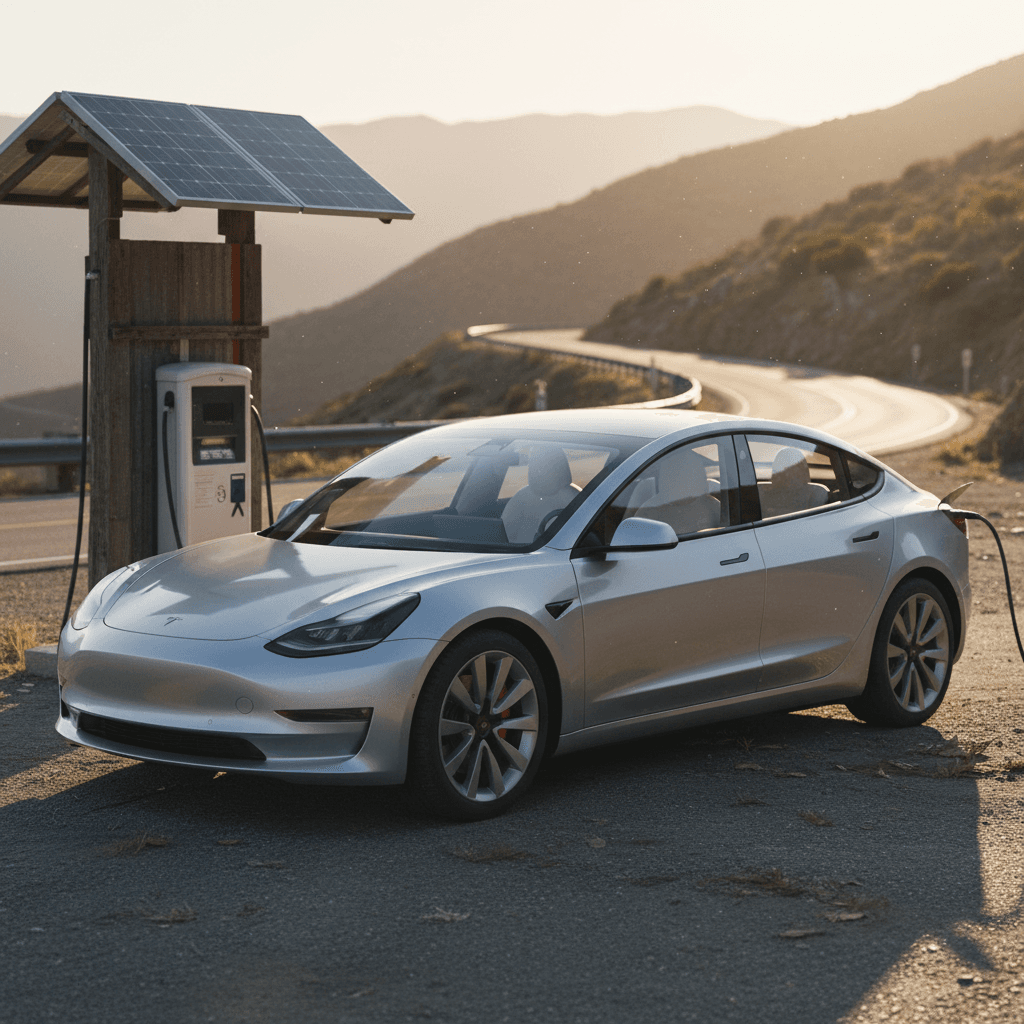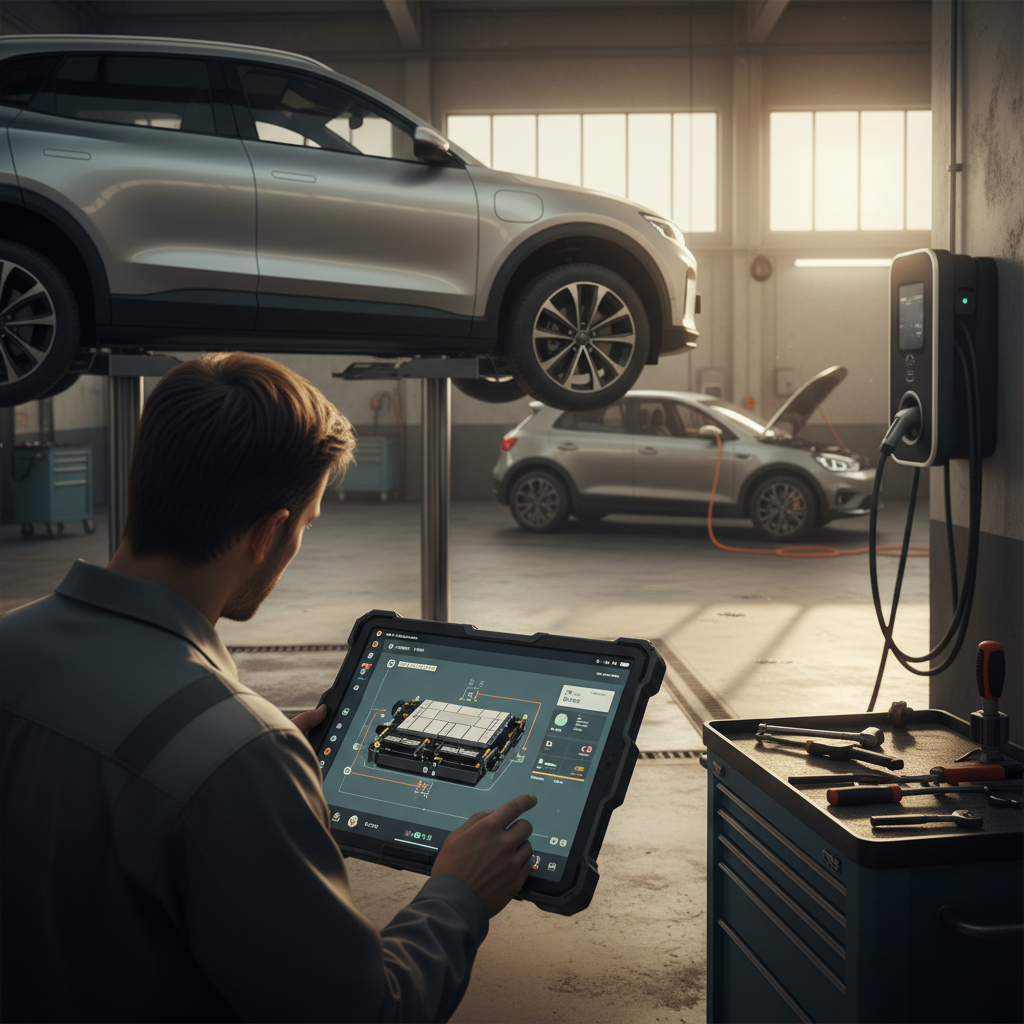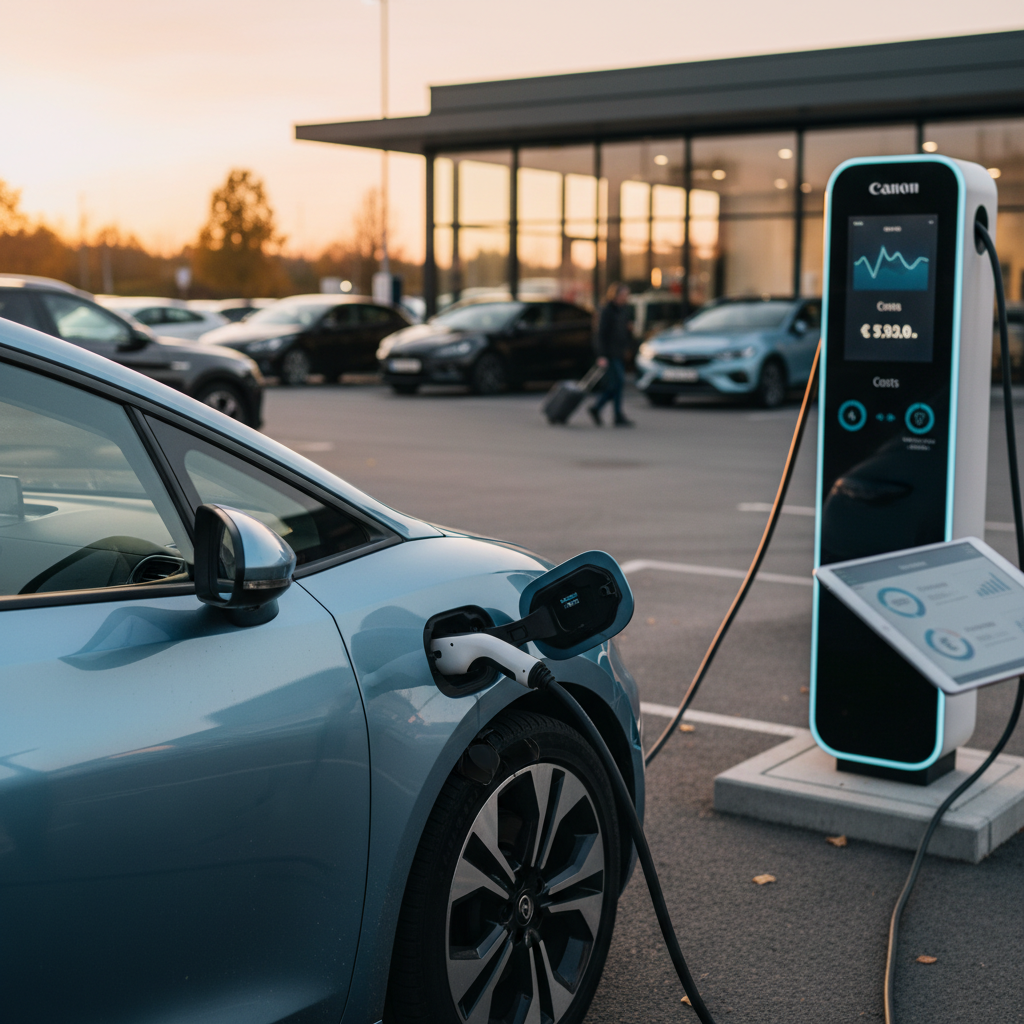If you’re trying to keep costs down but still want something safe, efficient, and easy to park, looking at recommended used small cars is a smart move, especially in 2025, when both gas prices and new-car MSRPs are still elevated. The good news is that there’s a deep bench of small gas, hybrid, and electric cars that have proven themselves on reliability, safety, and everyday livability.
How this guide is organized
Why small used cars are a smart 2025 buy
Why used small cars punch above their weight
Small cars used to be the stripped-out, least-safe option on a dealer lot. Today, many small compacts and subcompacts offer standard crash-avoidance tech, good crash scores, and long-lived powertrains. That makes them ideal if you’re a commuter, student, or city driver who wants to get the most real-world value per dollar.
Don’t just buy the cheapest thing with four wheels
Top recommended used small cars: quick overview
Recommended used small cars by type
Start with these nameplates, then narrow down by budget, mileage, and body style.
Gas small cars
- Honda Civic (2017–2021 sedan/hatch)
- Toyota Corolla (2017–2022 sedan/hatch)
- Mazda3 (2019–2021 hatch or sedan)
- Honda Fit (2018–2020)
Hybrid small cars
- Toyota Prius (2017–2022)
- Toyota Prius Prime (2017–2022)
- Toyota Corolla Hybrid (2020–2022)
Electric small cars
- Chevrolet Bolt EV (2019–2023)
- Hyundai Kona Electric (2019–2022)
- Nissan Leaf (2018–2022, 40 kWh+)
- Mini Cooper SE (2020–2023)
Trim and equipment matter as much as the badge
Best used small gas cars
If you want the simplest ownership experience and easy access to fuel anywhere, a small gas car is still hard to beat. Focus on late-2010s models so you get modern crash-avoidance tech and infotainment, not just a low price.
Recommended used small gas cars (compact & subcompact)
Targeting roughly 2017–2022 model years available in the U.S. used market.
| Model | Best Years to Target | Approx. Price Range | EPA Combined MPG | Why It’s Recommended |
|---|---|---|---|---|
| Honda Civic (sedan/hatch) | 2017–2020 | $16k–$22k | ~32–36 | Excellent reliability, strong safety scores, roomy interior, and still feels refined on the highway. |
| Honda Fit | 2018–2020 | $14k–$19k | ~33–36 | Tiny footprint but huge interior flexibility; very reliable and ideal for city parking. |
| Toyota Corolla (sedan/hatch) | 2017–2021 | $15k–$21k | ~32–35 (gas) | Legendary durability, standard safety suite on newer years, and cheap to run. |
| Mazda3 (sedan/hatch) | 2019–2021 | $17k–$22k | ~30–32 | More premium interior and fun handling; newer body style has excellent crash scores. |
| Hyundai Elantra | 2018–2021 | $13k–$19k | ~32–35 | Good value, long factory warranty on newer used examples, and efficient engines. |
Prices are ballpark U.S. averages as of late 2025 and will vary by region, mileage, and condition.
Why Civic and Fit keep showing up on reliability lists

Best used hybrid small cars
If your driving is mostly city or stop‑and‑go traffic, a hybrid small car can cut your fuel bill dramatically while keeping the driving experience familiar. These are some of the most recommended used small hybrids on the market.
- Toyota Prius (2017–2022) – A small hatchback that routinely delivers real‑world fuel economy around 50 mpg. Later models have good crash scores and standard Toyota Safety Sense driver aids.
- Toyota Prius Prime (2017–2022) – Adds plug‑in capability, so you can do short trips on electricity alone while still having gas backup for road trips.
- Toyota Corolla Hybrid (2020–2022) – Looks and feels like a normal small sedan but returns Prius‑like fuel economy, often mid‑40s mpg combined in everyday use.
Why hybrids are sweet-spot small cars
Best used small electric cars
If most of your driving is under 60–80 miles a day and you have somewhere to charge at home or work, a used small EV can feel like cheating. You avoid gas stations entirely, maintenance is simpler, and a surprising number of compact EVs are now very affordable on the used market.

Recommended used small EVs
Focus on models that balance price, range, and long‑term support.
| Model | Best Years to Target | Typical Used Price | EPA Range (approx.) | Key Considerations |
|---|---|---|---|---|
| Chevrolet Bolt EV | 2019–2023 | $16k–$24k | ~238–259 mi | Strong range for the money and compact size. Verify recall battery replacement was completed and check updated warranty coverage. |
| Hyundai Kona Electric | 2019–2022 | $18k–$25k | ~258 mi | City‑friendly crossover footprint with excellent range. Confirm battery warranty transfer and any software recall campaigns. |
| Nissan Leaf (40 kWh or 62 kWh) | 2018–2022 | $12k–$20k | ~149–226 mi | Affordable, but earlier Leafs have more battery degradation. Favor newer, larger‑battery cars and get a battery health report. |
| Mini Cooper SE | 2020–2023 | $17k–$23k | ~110–114 mi | Shorter range but genuinely fun to drive and very easy to park. Best as a second car or short‑range commuter. |
EPA range figures are for representative trims; exact numbers vary by battery and model year.
Used EV battery health is not a guess
How much should you pay, and what mileage is OK?
For most shoppers looking at recommended used small cars in 2025, the sweet spot is a car that’s 3–8 years old with under 100,000 miles. At that point, you’re past the steepest part of depreciation but still early enough in the vehicle’s life that major failures are unlikely if it has been maintained.
Price bands to keep in mind
- $10k–$14k: Older but still solid small cars (earlier Civic/Corolla, higher‑mileage Prius, older Leaf).
- $14k–$18k: Newer Civics, Fits, Corollas, and many good used Leafs and Bolts.
- $18k–$22k: Late‑model Civic, Mazda3, Kona Electric, and nicely optioned hybrids.
Prices vary by region, trim, and mileage, always compare a few local listings to understand your market.
Mileage rules of thumb
- Under 60,000 miles: Great for most buyers if maintenance records check out.
- 60,000–100,000 miles: Normal for a 5–8‑year‑old small car; budget for wear items like tires, brakes, and maybe a suspension refresh.
- Over 120,000 miles: Not a deal‑breaker for Civic/Corolla/Prius, but only if pricing is aggressive and service history is very strong.
A high‑mileage car with meticulous service records is usually safer than a low‑miles car with a sketchy history.
Use total cost of ownership, not just sticker price
Checklist: what to look for in any used small car
Pre-purchase checklist for recommended used small cars
1. Confirm safety equipment
Look for automatic emergency braking, stability control, and side-curtain airbags at a minimum. Blind‑spot monitoring and lane‑keeping assist are valuable bonuses, especially for highway commuters.
2. Pull a full vehicle history report
Check for salvage titles, airbag deployments, repeated insurance claims, and odometer discrepancies. Walk away from flood‑damage or poorly repaired crash history.
3. Inspect service history
You want evidence of regular oil changes (for gas cars), coolant and brake fluid service, and any recall work. For EVs and hybrids, look for battery and inverter recalls being completed.
4. Get an independent inspection
A pre‑purchase inspection from a trusted mechanic, or an EV‑specialist shop for electrified models, can spot worn suspension components, leaks, and hidden crash repairs before you sign anything.
5. Test drive like you’ll actually use it
Do highway speeds, tight city streets, and a parking maneuver. Listen for wind noise, rattles, or drivetrain shudder. Make sure the car feels stable and predictable in the conditions you drive most.
6. For EVs: request a battery health report
Ask for a data‑driven battery state‑of‑health report rather than relying on guesswork. This gives you an objective read on remaining capacity and informs whether the price makes sense.
When a used EV or hybrid beats a gas small car
A conventional gas compact is still the default choice, but in a lot of real‑world situations a used hybrid or EV is objectively the better small car. The trick is matching the powertrain to your daily use case rather than debating technology in the abstract.
Match the small car to your driving pattern
Think about your daily routine, not just the purchase price.
Mostly city, short trips
A used EV or hybrid shines here. Regenerative braking recaptures energy, and you avoid idling in traffic. A Leaf, Bolt, or Prius can drastically cut running costs.
Long highway commute
A gas Civic, Corolla, or Mazda3 is often the easiest choice. Excellent stability and efficiency on the highway, and you never think about charging infrastructure.
Mixed driving, one-car household
A hybrid like Prius or Corolla Hybrid is the pragmatic middle ground. It’s efficient in town, relaxed on the highway, and doesn’t depend on charging access.
Be honest about your charging situation
How Recharged can help if you want an EV
If you’re leaning toward a used small EV, a Bolt, Leaf, Kona Electric, or similar, the biggest unknown is usually battery health. That’s exactly the problem Recharged was built to solve.
- Every EV on Recharged comes with a Recharged Score Report that includes verified battery state of health, so you’re not guessing about usable range.
- You can complete the whole process online, valuation for your trade‑in, financing, and paperwork, with EV‑specialist support when you have questions.
- If you’re not near the Recharged Experience Center in Richmond, VA, nationwide delivery options make it realistic to buy a used EV that was vetted by specialists rather than rolling the dice locally.
Transparency is your best friend with used EVs
Recommended used small cars: FAQ
Frequently asked questions about recommended used small cars
Bottom line on recommended used small cars
The best recommended used small cars share the same DNA: strong safety scores, proven reliability, efficient powertrains, and a history of being cheap to run. Whether that leads you to a Civic or Corolla, a Prius or Corolla Hybrid, or a compact EV like a Bolt or Kona Electric, the key is matching the car to your daily reality, and refusing to compromise on maintenance history and safety tech. If you’re curious whether a small EV could work for you, using a battery‑verified marketplace like Recharged can remove a lot of the uncertainty and make your next small car feel like a smart, future‑proof upgrade rather than just another used car gamble.



